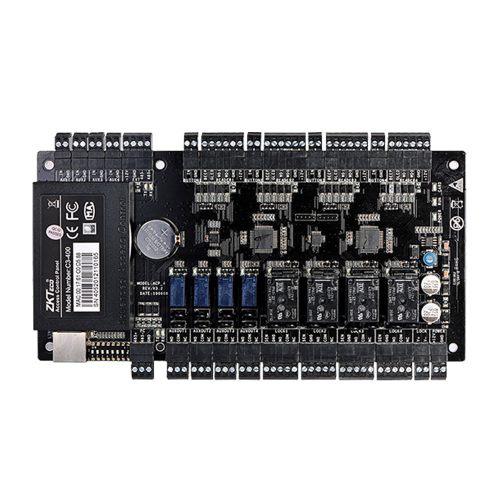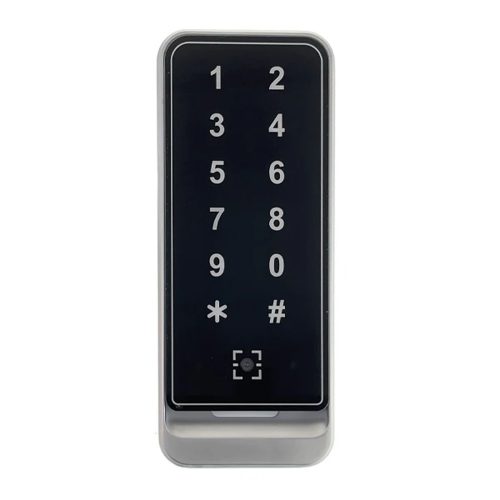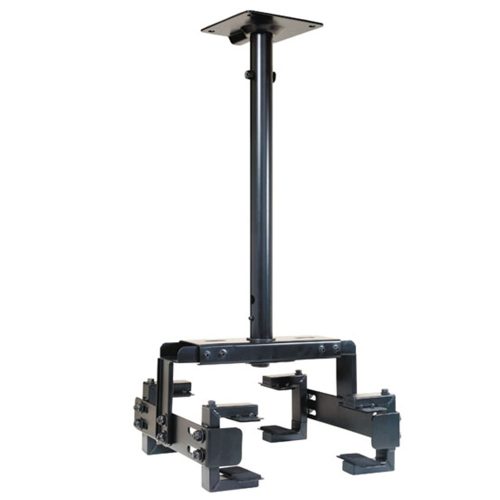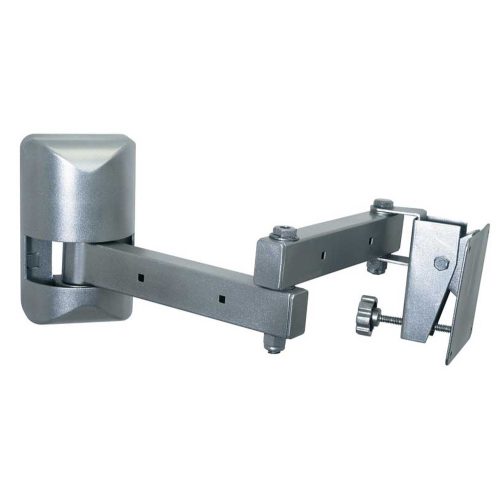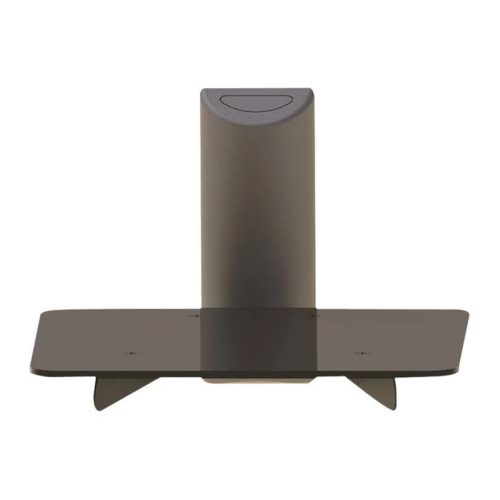Choosing the Right Cable Tester for Network Diagnosis
Welcome to our comprehensive guide on Choosing the Right Cable Tester for Network Diagnosis. This in-depth article will serve as your navigational tool, guiding you through the vast landscape of cable testers. We aim to equip you with the knowledge you need in order to make an informed choice when faced with the crucial task of selecting the right cable tester for your specific network diagnostic needs.
Choosing the Right Cable Tester for Network Diagnosis
Choosing the right cable tester involves considering several factors, including the type of network you’re testing, the characteristics of the cables involved, and the specific diagnostic needs of your project. Your selection can significantly impact the efficiency and effectiveness of your network diagnostics and subsequent interventions.
Understanding What a Cable Tester Does
A cable tester is an essential piece of equipment in any network engineer’s toolkit. It’s capable of assessing various properties of a cable or a network, such as resistance, signal strength, and overall connectivity. Depending on the sophistication of the tester, it may also be able to identify specific issues such as cable damage, signal interference, or incorrect wiring setups.
Why the Right Cable Tester is Crucial for Network Diagnosis
The need for the right cable tester stems from the variation in network setups and the corresponding different types of testing required. For instance, an ethernet cable tester would be insufficient for a fiber optic network. Therefore, understanding the nature of your network and its requirements is essential in choosing the most suitable tester.
Breaking Down the Types of Cable Testers
Now that you have a general idea about what a cable tester does and why the right one matters, let’s dive into the different types available in the market.
Continuity Testers
Representing the most fundamental form of cable testers, continuity testers check for an unbroken path for electrical current to flow from one end of the cable to the other, ensuring basic connectivity.
Qualification Testers
These are more advanced than continuity testers and are utilized to diagnose and pinpoint existing network issues, providing a more detailed analysis of network problems.
Certification Testers
Certification testers represent the epitome of sophistication in cable testing technology. They not only diagnose issues but also generate detailed reports on the network’s overall performance, ensuring that it meets specific industry standards.
Identifying Your Network’s Requirements
Understanding the specific needs of your network is vital in choosing the most suitable cable tester. Remember, cable testing is not a one-size-fits-all affair. There are several factors that influence the type of tester you should opt for:
Network Type
The nature of your network significantly impacts your choice of cable tester. For instance, ethernet networks typically require different testing parameters compared to their fiber optic counterparts.
Cable Type
The kind of cable used in your network is another pivotal factor. Whether they’re coaxial, ethernet, or fiber optic cables, each requires a different type of tester for accurate assessment.
Navigating Cable Tester Features
Now that you have a grasp on your network’s requirements, it’s time to delve into the features that come along with cable testers. Choosing a device equipped with the right features can make your network diagnosis process considerably more manageable.
Auto-Diagnosis Feature
An auto-diagnosis feature allows the cable tester to autonomously diagnose and pinpoint issues within the network, reducing manual efforts and offering a quick and efficient analysis.
Portability
A portable cable tester is a boon, particularly when you’re tasked with diagnosing networks across multiple locations. It facilitates ease of transportation and flexibility of usage.
Frequently Asked Questions
We have curated a list of some frequently asked questions pertaining to the process of choosing the right cable tester for network diagnosis. These are aimed at addressing any lingering doubts or queries you might have.
What factors should I consider when choosing a cable tester?
Factors such as the type of network, type of cable, features of the cable tester, and your budget should all be considered when choosing the right cable tester.
How do cable testers work?
Cable testers work by sending a signal from one end of the cable to the other. If the signal reaches the other end without any issues, the cable is good. If not, there are issues that need to be addressed.
Why is choosing the right cable tester important?
Choosing the right cable tester is crucial for accurate network diagnosis. The wrong tester can give false readings, leading to unnecessary troubleshooting.
Can one cable tester work for all types of networks?
No, different networks require different types of testers. For example, ethernet networks require different testers than fiber optic networks.
How expensive are cable testers?
The cost of cable testers can vary widely based on their features, brand, and type. Basic continuity testers can be quite affordable, while sophisticated certification testers can be quite expensive.
Conclusion
In conclusion, this guide aims to equip you with all the necessary knowledge and tips to make an informed choice when choosing the Right Cable Tester for Network Diagnosis. Remember, a successful network diagnosis is predicated on selecting a cable tester that best aligns with your specific network requirements and budgetary constraints. We wish you the best of luck in your network troubleshooting endeavors!

